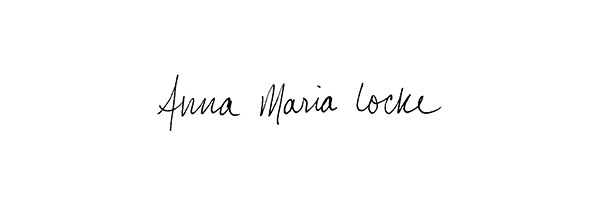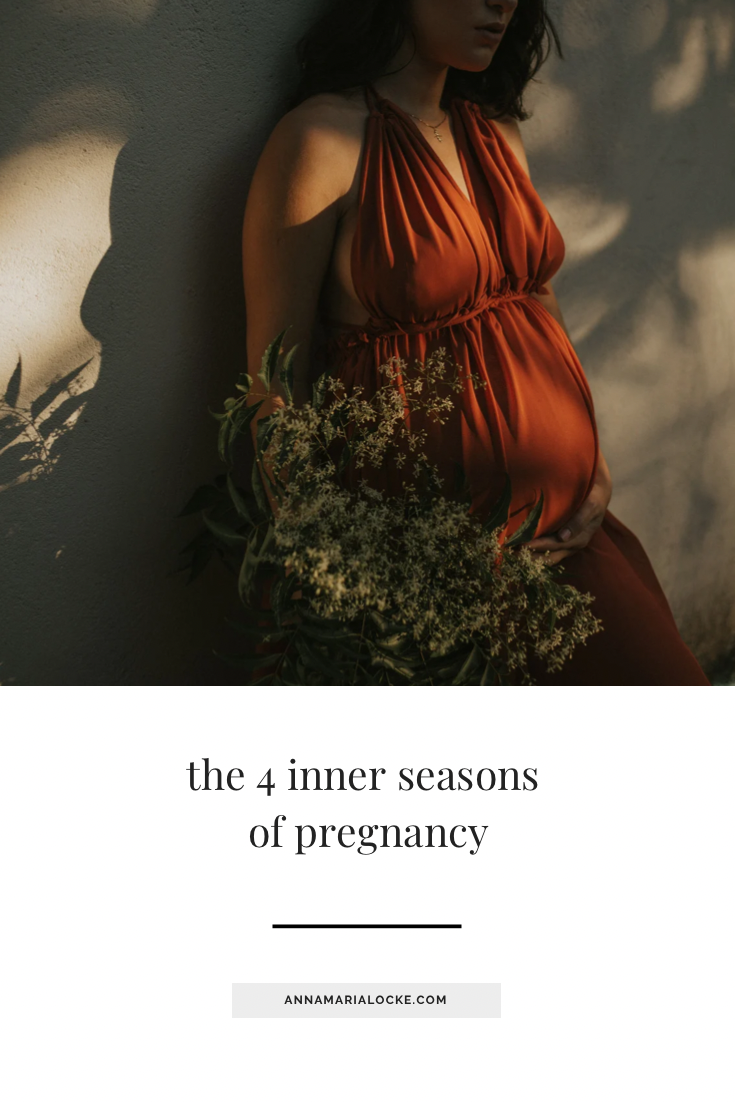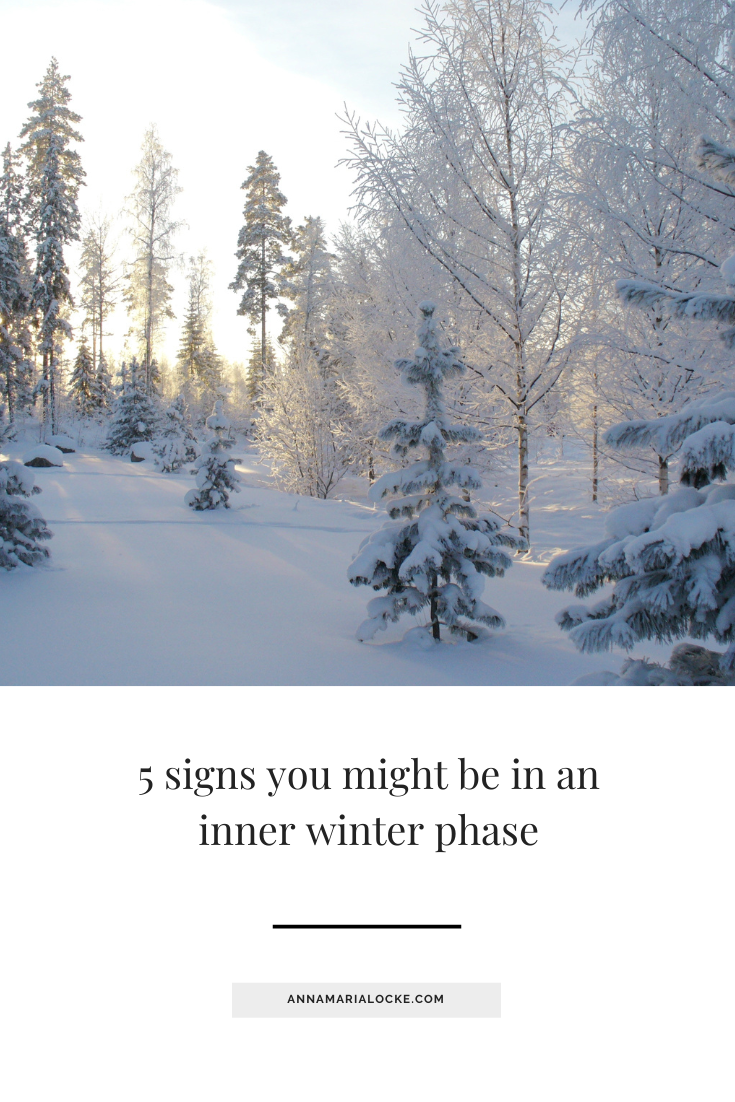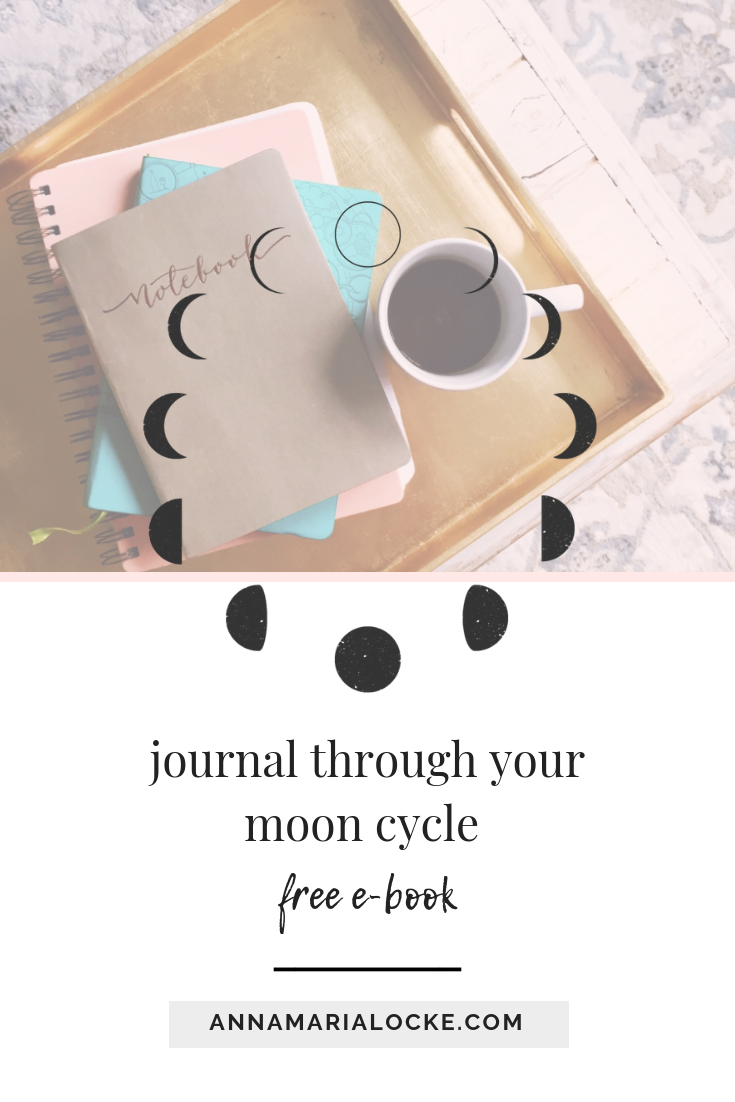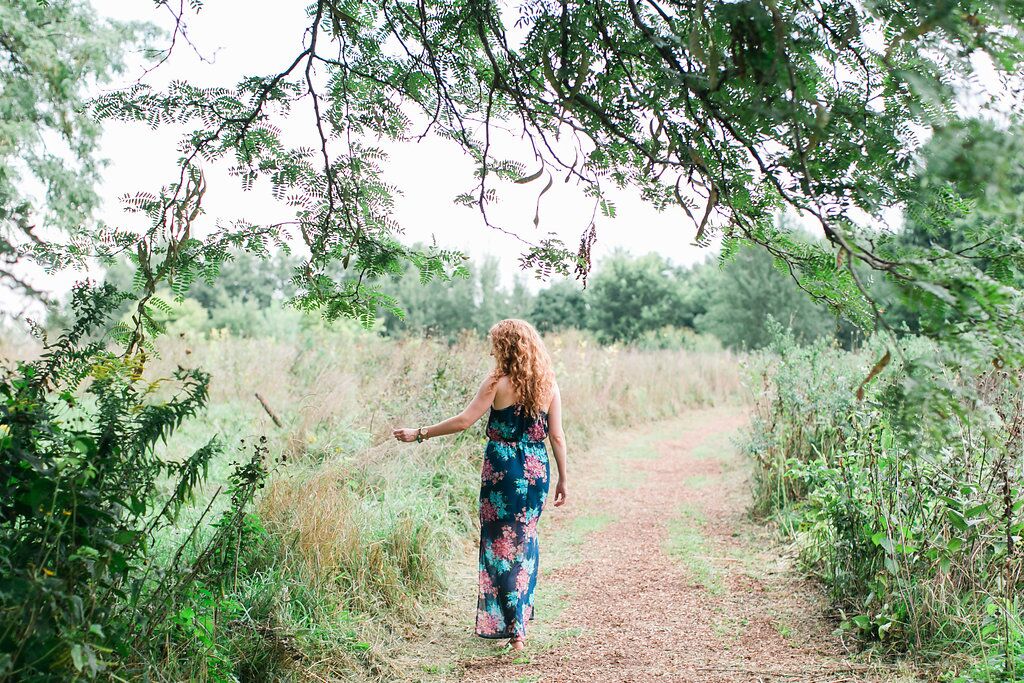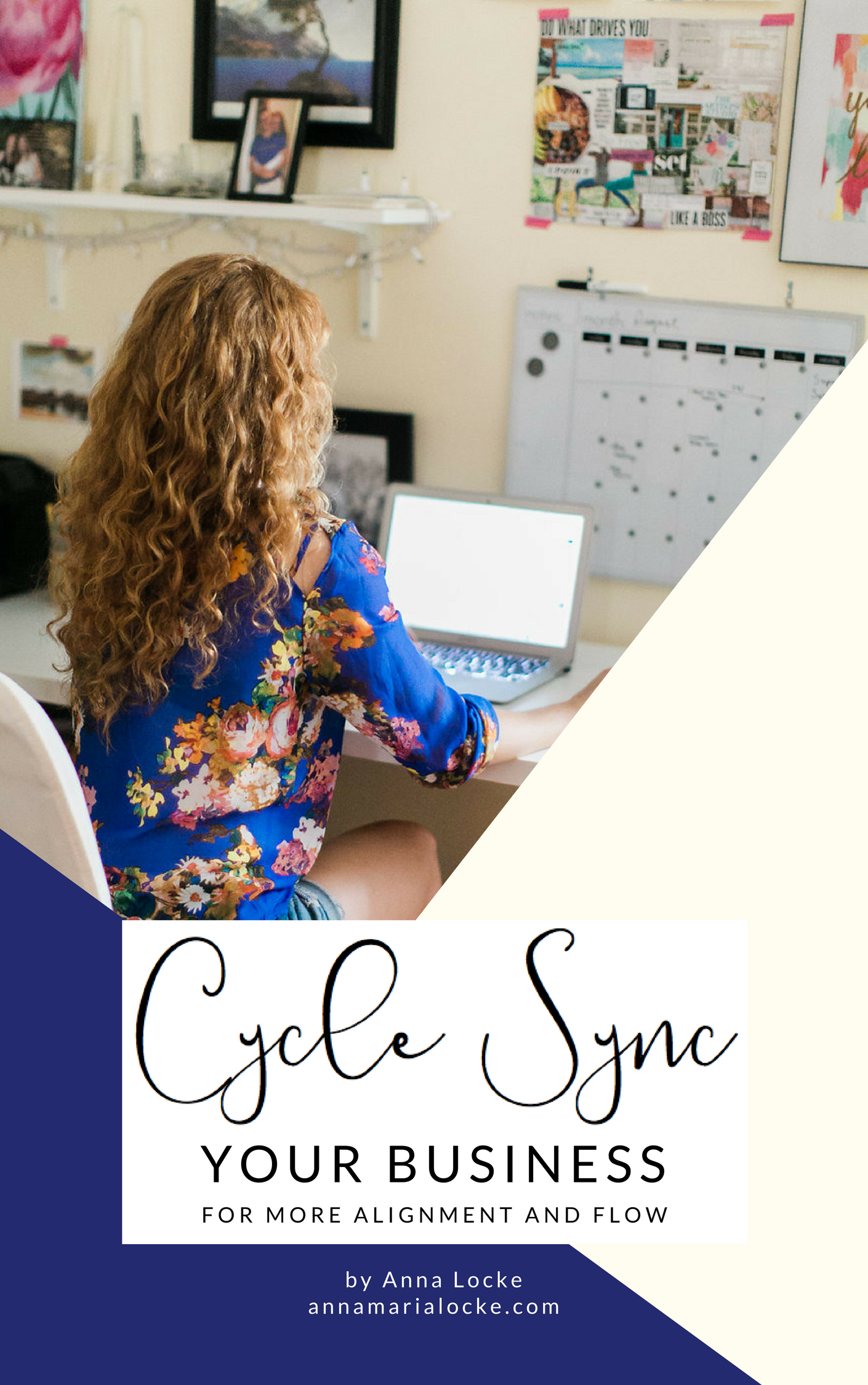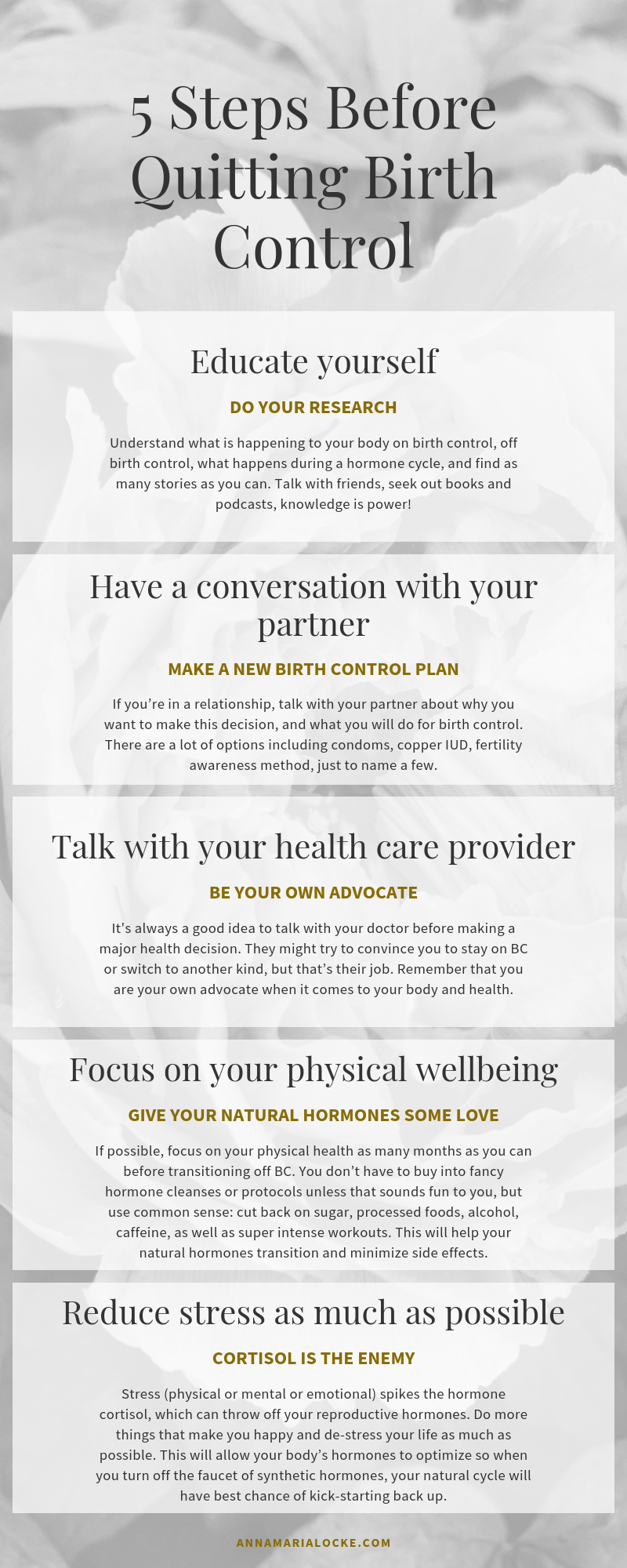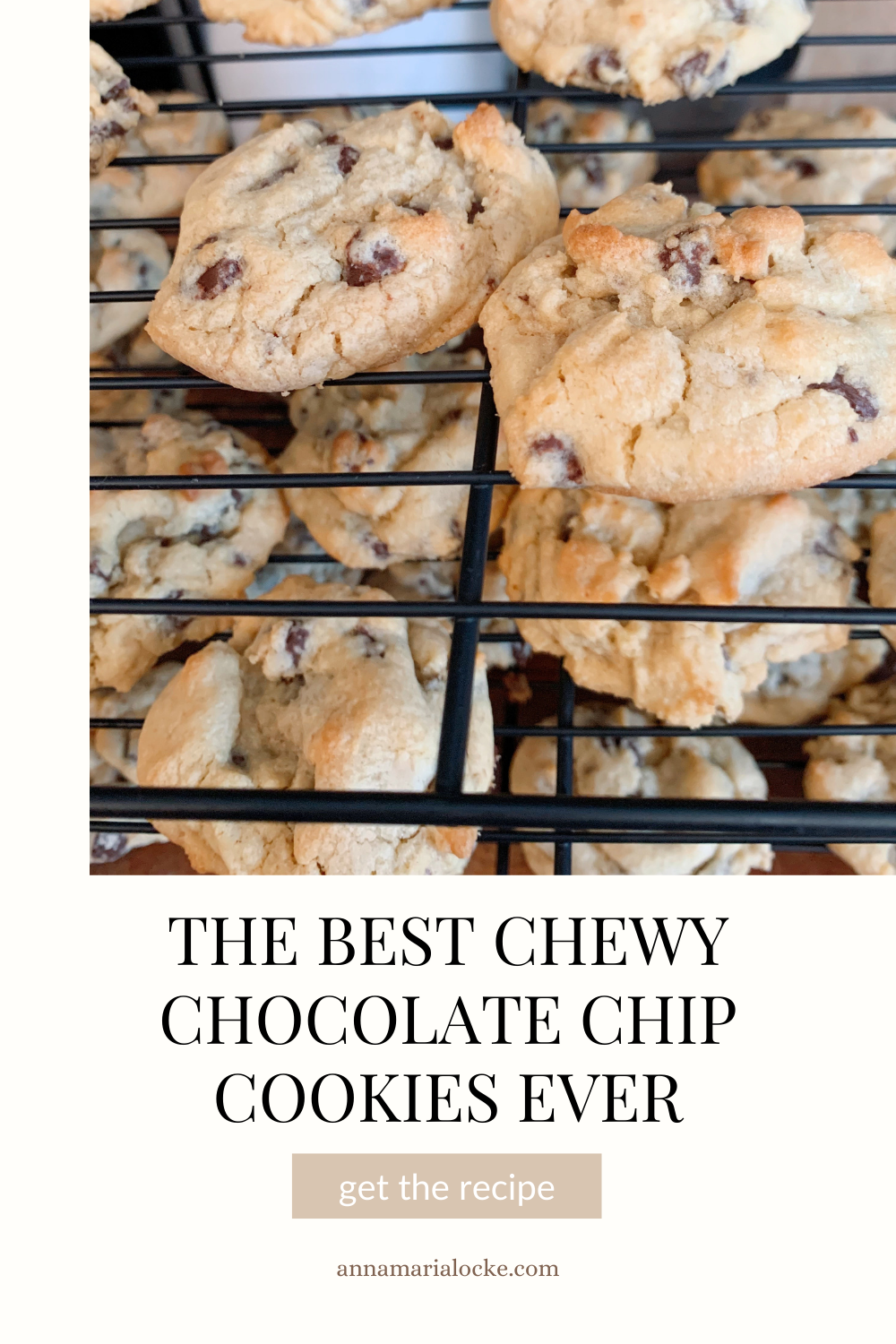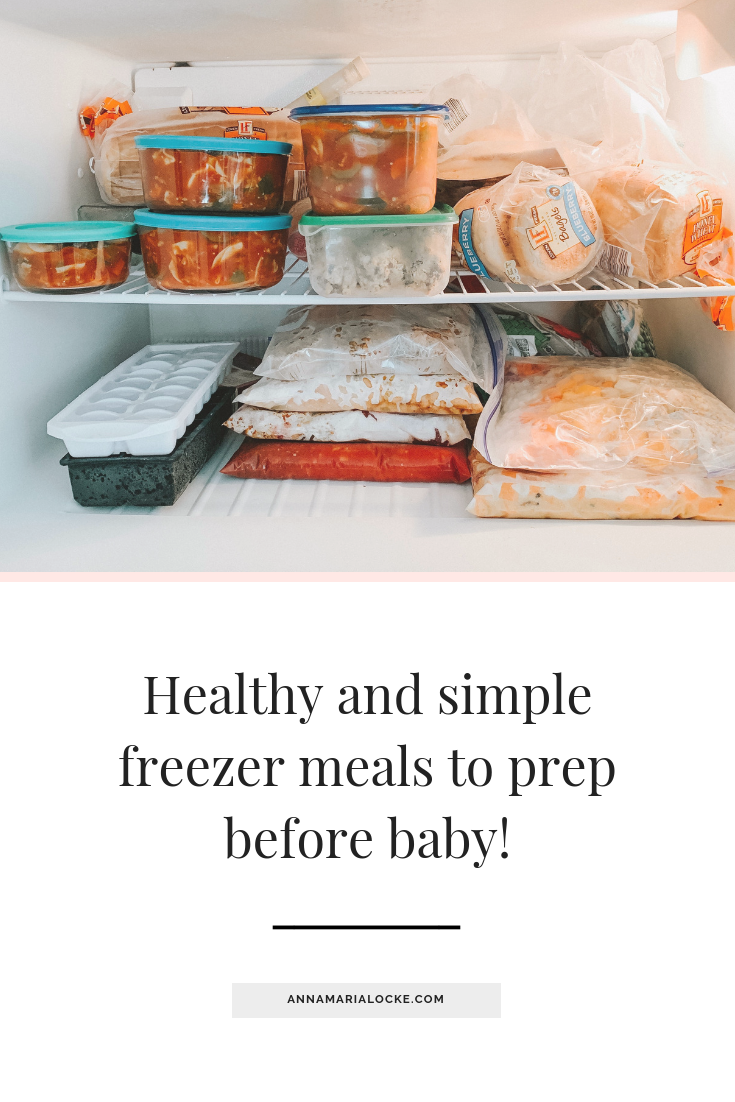The information on this site is not intended or implied to be a substitute for professional medical advice, diagnosis or treatment. All content, including text, graphics, images and information, contained on or available through this web site is for general information purposes only.
So, I quit birth control. Surprise!! Kinda obvious now that I’m sporting a baby bump, but I didn’t originally quit the pill to get pregnant.
I shared why I decided to ditch the pill in this blog post, but wanted to write a follow up post to fill you in on what happened AFTER I quit the pill, what I wished I knew, everything I’ve learned since then about hormone health and fertility (spoiler: it’s not just for when you wanna get pregnant).
It seems like every other girlfriend I talk with these days is either considering ditching her birth control, or has recently quit or switched to a non-hormonal option like the IUD and is trying to make sense of her new body as her cycle slowly heals.
Everyone’s body is different. Some women adjust immediately and get their period back immediately. For others, it can take a little longer. Either way, I want you to know that you aren’t alone and most likely nothing is actually “wrong,” no matter what crazy stuff is happening to your body!
My story
I was on the pill for 9 years in my 20’s, and for most of that time it was fantastic choice in that season of life and I have no regrets. Eventually, after my initial pill Yaz was discontinued by my doctor due to the high risk of blood clots (good times) I went through a variety of generic versions which are not the same thing. My body reacted differently to each generic formula and eventually I started experiencing some pretty major anxiety (read: panic attacks and heart palpitations) and overall felt off and disconnected from my body. Read the long story here!
I knew that the pill wasn’t working for me, my body, and my lifestyle anymore, plus I knew Ben and I would want to start our family in the next couple of years and I wanted to give myself plenty of time before wanting to get pregnant, so it was an easy decision to stop taking it. I told my gynecologist, finished my last pill pack at the end of January 2016.
I didn’t get my first real period until April 9th, almost three months later.
I used the app Kindara to track my periods so I could tell how long my cycles were lasting, which was really useful to know and also to share with my doctor.
My first full cycle post-pill lasted 77 days.
My second cycle lasted 62 days.
At this point, it had been about 7 months so I went back to the gyno to make sure nothing was wrong, but blood work and my first internal ultrasound (joys of being a woman!) all came back normal so at least I knew I didn’t have PCOS or a thyroid imbalance.
My next cycles lasted 61 days, 43 days, 36 days, and this brought me up to one year post-pill.
I continued to have a period every 34-36 days, which is a little on the longer side but not abnormal.
It took me a full year after quitting the pill to get a regular cycle back.
From what I read, this is apparently common.
Side effects I experienced
I was worried I’d suffer from really bad mood swings again since I had been diagnosed with PMDD before originally going on the pill. I definitely felt my emotions and energy shifting and had heavier periods and cramps again, but didn’t have any other major symptoms. I started to journal through my mood swings and that helped me notice patterns and feel less crazy.
The worst part of the whole re-balancing process for me was my yeast infection from hell.
I came down with that dreaded itchy feeling in April, and it didn’t die FOR EIGHT MONTHS.
Yup, it sucked.
Eventually after trying literally every medical and homeopathic remedy under the sun, it disappeared after I started using boric acid suppositories and around the same time my cycles finally started to regulate, so I’m not sure if it was the boric acid or hormones, but if you deal with a medication-resistant yeast infection I definitely recommend checking these out! Shoving acid up my vajay felt like a last resort but hey, desperate times.
Ultimately, I am so grateful I quit the pill when I did even though weren’t ready to get pregnant, because it did take my body so long to figure things out.
Give yourself time, patience, and space.
Once we were ready to try to conceive by the fall of 2017, I had regular cycles and had learned so much about my body which took a lot of stress out of the process.
Making a change is always a little scary, especially when it’s something that could have major ramifications on our health.
If you’ve been on birth control for some time, going off cold turkey can feel a little bit like throwing yourself off a cliff into the great unknown.
Will I get pregnant?
Will my crazy mood swings return?
Will my face break out?
Will I gain weight?
Will I lose control over my body?
Will I have super bad cramps or heavy periods again?
Our culture doesn’t teach us how to honor and appreciate our menstrual cycle.
We’re told it’s a curse, something to keep hush hush, to pop some Motrin and push through when we feel weak or tired around our bleed. We’re taught that it’s not ok to be emotional or sensitive, and we are so disconnected from our own bodies that we usually don’t even recognize that our mood swings, breakdowns, existential crises, relationship issues can 90% of the time be traced back to our hormones and where we’re at in our cycle. But you can learn how to shift your self care practice or give yourself a little extra grace when you need it, to literally go with the flow.
Knowledge is power.
Knowing your body is the most powerful power of all.
The birth control pill was a wonderful invention that has created a lot of freedom for women and I am in no way anti-pill, but once we enter a season of life where we’re ready to get to know our own bodies again, transitioning off birth control can be one of the most empowering experiences of your life.
I believe that educating yourself as far in advance of going off hormonal BC as possible is the best thing you can do to prepare your body and mind.
7 things to know before quitting birth control
1. When you are on hormonal birth control, your body does not ovulate or have a true period.
This is women’s health 101 yet I had never really thought about it. Birth control is like overriding your cycle on autopilot. The synthetic hormones suppress your body’s natural hormones and basically trick your body into thinking it’s already pregnant, so it doesn’t release an egg and if it does by chance release an egg, your uterine lining won’t be thick enough for it to implant.
2. It might take several months for your period to come back.
This doesn’t mean anything is wrong.
Going off hormonal birth control is a transition, not an on/off switch. Just like you won’t lose 20 pounds after working out for one week, your body isn’t going to immediately bounce back.
This can be stressful and discouraging if you aren’t prepared, or if you want to become pregnant right away, but I encourage you to give yourself time and have patience instead of jumping right back into a medication or trying to fix yourself ASAP.
3. You might experience some crazy hormone side effects, or you might feel fine.
Either end of the spectrum is “normal.” Don’t suffer alone! Talk to your girlfriends, your sisters, your mom, journal it out, and above all remember that you aren’t crazy.
4. Getting your cycle and fertility back is more about ovulation than about bleeding.
Female fertility is defined as a woman’s ability to conceive a biological child. Conception depends on an egg being released from your ovary, then fertilized by a sperm, and then implanted into your uterine lining. If your egg isn’t fertilized, your hormones trigger your uterus to shed its lining and the egg, which causes you to have a period. Unlike menstruation, ovulation is invisible but you don’t technically have your cycle back until you’re ovulating again.
How to know if you’re ovulating? You can track your basal body temperature, your cervical mucus, test your hormones with pee strips, basically turn your body into a science lab. Unless you are actively trying to conceive, are using fertility awareness method as your primary form of birth control (I wouldn’t recommend this until you have a regular predictable cycle again) or are super curious, I wouldn’t worry about it right away. Waiting for your period is a lot easier and less work.
5. Your body is wiser than your brain. Give it patience, time, and love.
Know yourself before embarking on a detox program or 30 day plan, or getting back on medication.
If you are triggered into obsessing over your body or have a history of eating disorders, going off BC can be a wonderful opportunity to practice letting go of your need for control and adopting a more intuitive approach.
6. Your hormones and body are not broken or diseased.
You don’t need to fix or heal them. No matter what the books or diets or experts say. Our bodies are constantly in a state of ebb and flux, and there is no such thing as perfectly balanced hormones. Just like it’s not realistic to expect to weigh the same day in and day out. There are many factors at play - what you eat, stress levels, environment.
I prefer using terms like optimizing your fertility, versus “healing” or “balancing.”
7. You will most likely NOT get pregnant right away.
With a healthy cycle, women are only fertile (aka capable of getting pregnant) 6 days every month. (Whereas men are fertile 24/7!!)
However, your fertile window will be a bit unpredictable unless you ovulate regularly. The best way to gauge your fertility if you’re trying to get pregnant or avoid it is to confirm ovulation.
Even so, “Intercourse during the fertile window is not sufficient to produce pregnancy. Pregnancy depends on the viability of the sperm and egg, the receptivity of the uterus, and other factors that vary widely among couples.” (source)
Basically, getting pregnant is a miracle and is way more complicated than we think, so if that is one of your fears about going off BC, stock up on condoms and don’t stress too much about it.
What to do after you quit birth control
Continue educating yourself, but not to the point of overwhelm. Follow your curiosity.
Going off birth control is as much an emotional/mental/spiritual process as it is physical.
There’s no way to predict how your body will respond, but the more self care you practice before you quit, the better chances you’ll have at avoiding the craziest side effects you’re worried about.
Overall, view it as an opportunity to practice letting go of your need to control everything, and trusting that your body will support you and heal itself with enough time and care. Practice self love, self compassion, self care, and give your body incredible respect for all the work it does.
You’re going to uncover so much about yourself along the way!
xo Anna
Recommended Resources:
Join my FREE resource vault, including cycle tracking and journaling guides!
Wild Synchronicity - my signature program on learning about your cycle, and applying it to your life and business as a self care and productivity tool.
BOOKS
Taking Charge of Your Fertility
Women’s Bodies, Women’s Wisdom
Period Repair Manual
The 5th Vital Sign
Beyond the Pill
WomanCode
COACHES
Claire Baker - menstrual cycle awareness and self care, great blog posts and Adore Your Cycle e-book
Amanda Montalvord - fantabulous educational resources, hormone healing programs
Nicole Jardim - hormonal health programs
Pin this graphic to save for later!
